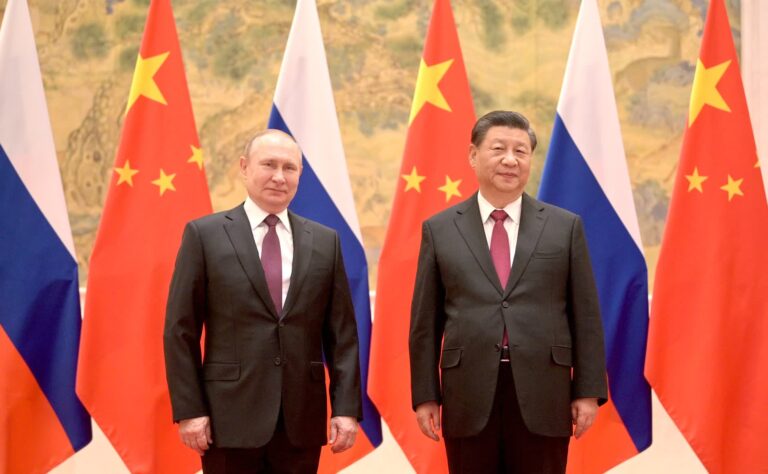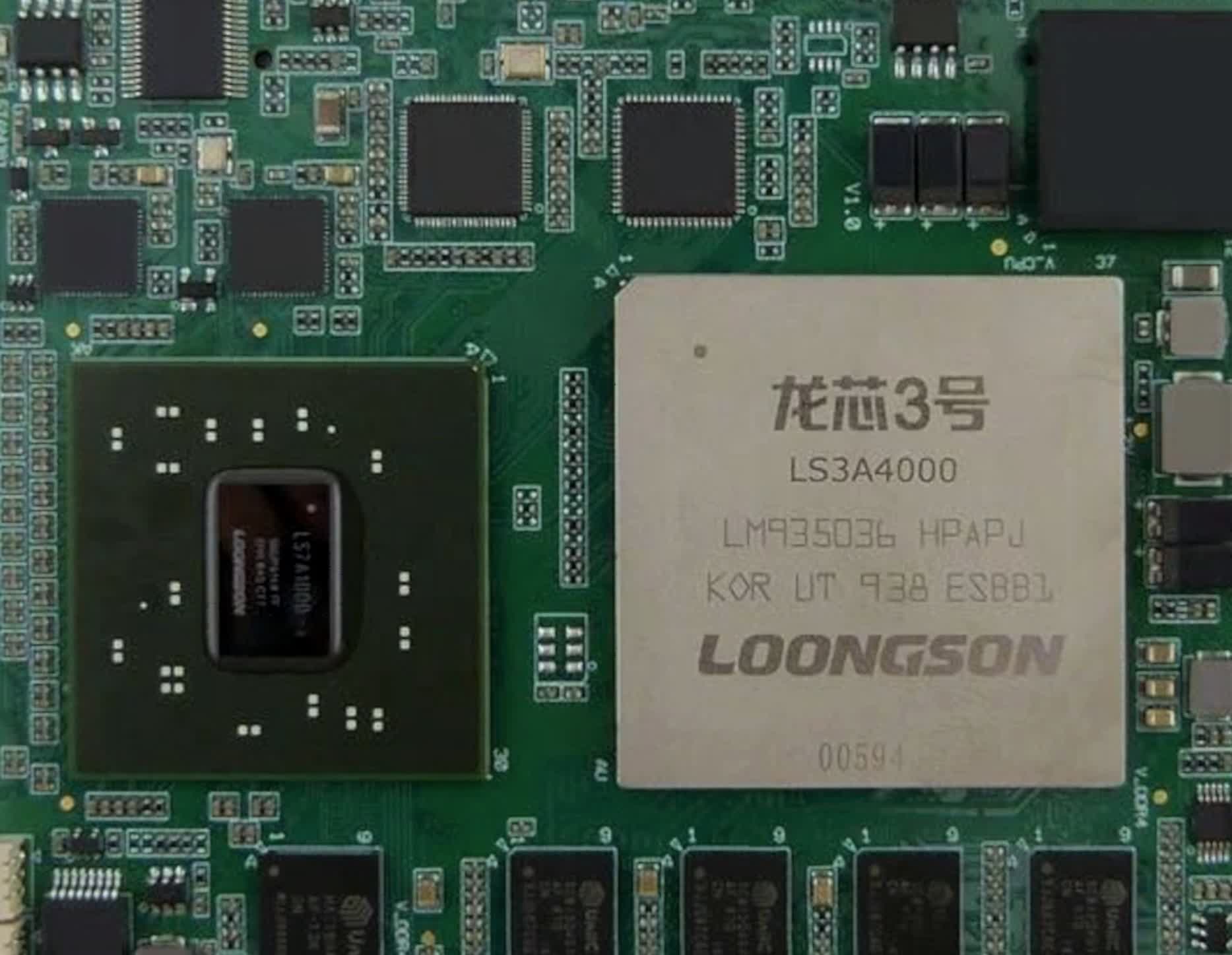
[ad_1]
What just happened? China is the subject of many semiconductor export restrictions, but it seems the Asian nation is also banning the export of its own Loongson CPUs to Russia and elsewhere. It’s likely to be a significant blow to Russia, which has been looking for an alternative to AMD and Intel processors since the companies stopped shipments to the country following its invasion of Ukraine.
Kommersant business daily (via Tom’s Hardware), citing sources close to Russia’s Ministry of Digital Development and in the electronics market, writes that the Chinese government has banned the supply of Loongson processors based on its own LoongArch architecture to the Russian Federation and other countries.
The reasons for banning the chip exports to Russia aren’t the same as other countries; it’s because they are used in China’s military-industrial complex.

The short-term impact of the ban, which has not yet been officially implemented, is likely to be minimal, but it could have major implications if Russia loses access to grey imports of Intel and AMD CPUs that arrive via other countries. “Although Russian companies do not depend on the supply of Chinese processors significantly, in case of a hypothetical blocking of ‘parallel imports,’ they hoped to switch to Loongson solutions,” said a source.
Many companies suspended exports to Russia following the Ukraine war to comply with economic sanctions. Its response was to allow parallel imports of certain foreign tech products even if the manufacturer doesn’t allow it, essentially turning a blind eye to unofficially imported goods and intellectual property theft. Some of these chip imports come from China, though 40% of them are possibly defective.
It’s likely that with all the export restrictions being placed on China, it wants to keep the 12nm Loongson CPUs for itself, especially if manufacturing capacity is limited.
This week brought news that China could be hit with more sanctions from other countries that will restrict exports of chipmaking equipment. Following the bans implemented by the US government, the Netherlands and Japan are expected to announce similar restrictions in the coming weeks. China has started with a procedure with the World Trade Organization to oppose the bans, though it’s doubtful the WTO could force the US to lift the sanctions.
[ad_2]